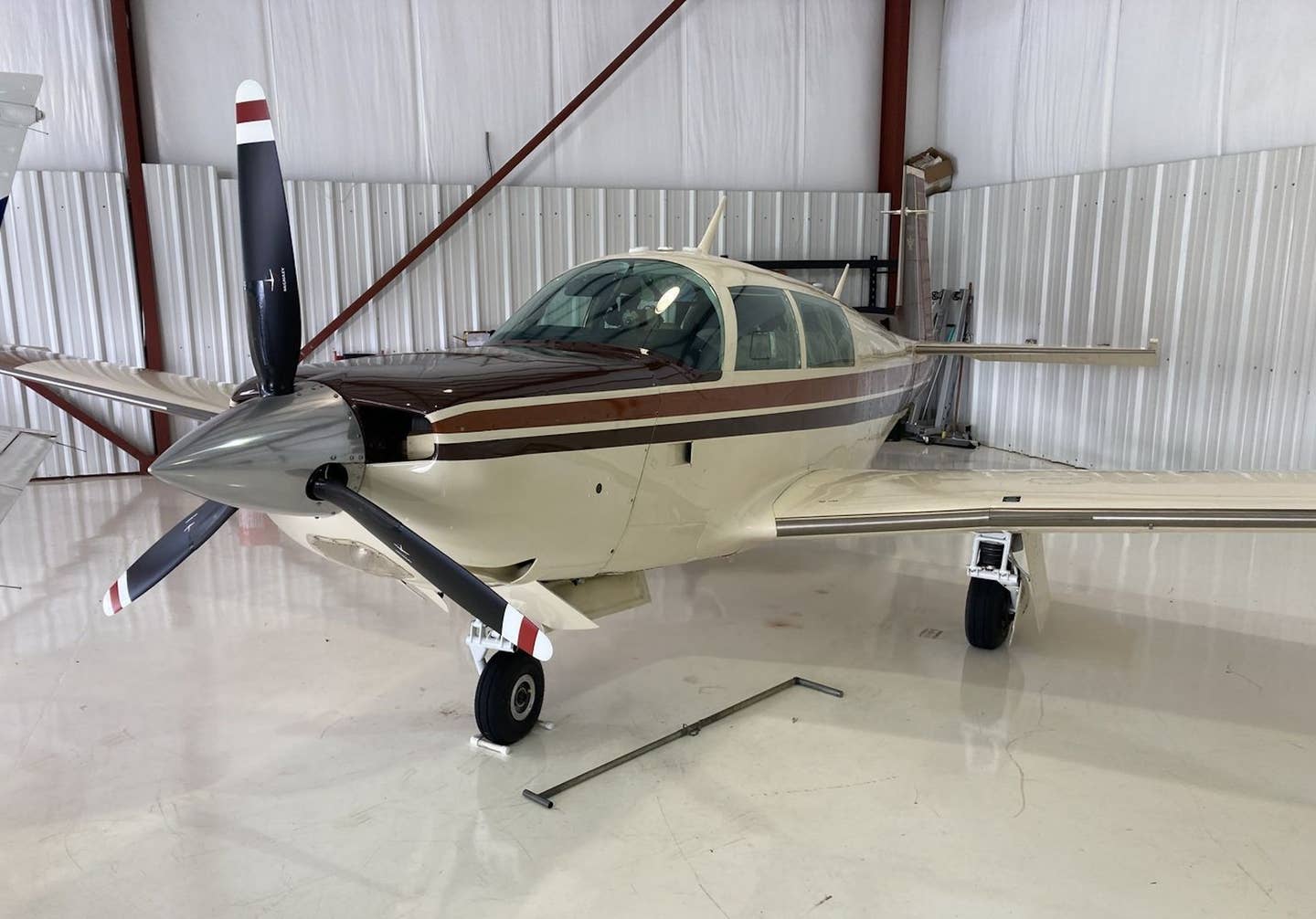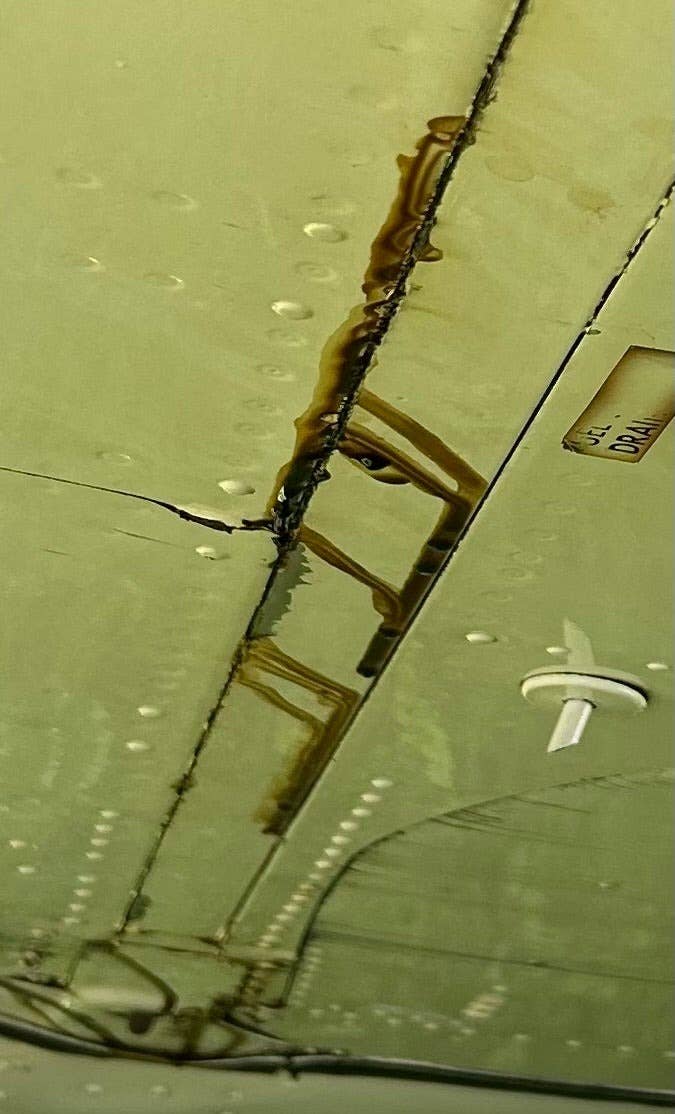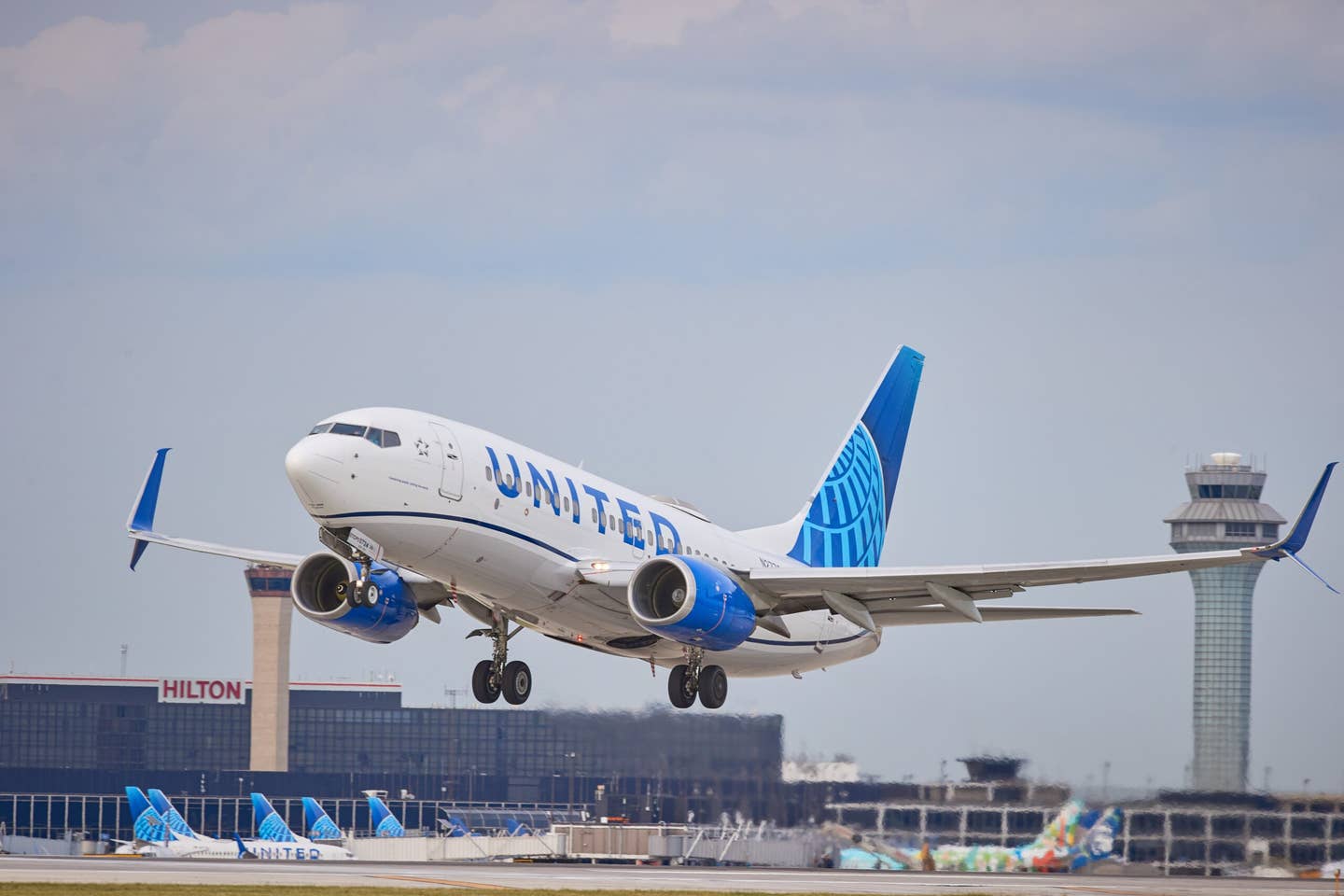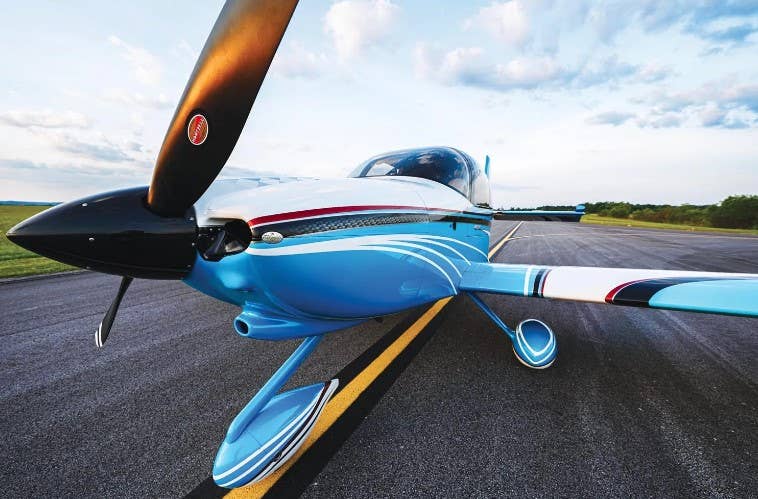Tecnam Signs Deals for HCH Aviation Fleet Transition
The Italian aircraft manufacturer also announces it has entered into an agreement with a Brazilian flight school that intends to add 30 P92 MkIIs to its fleet.
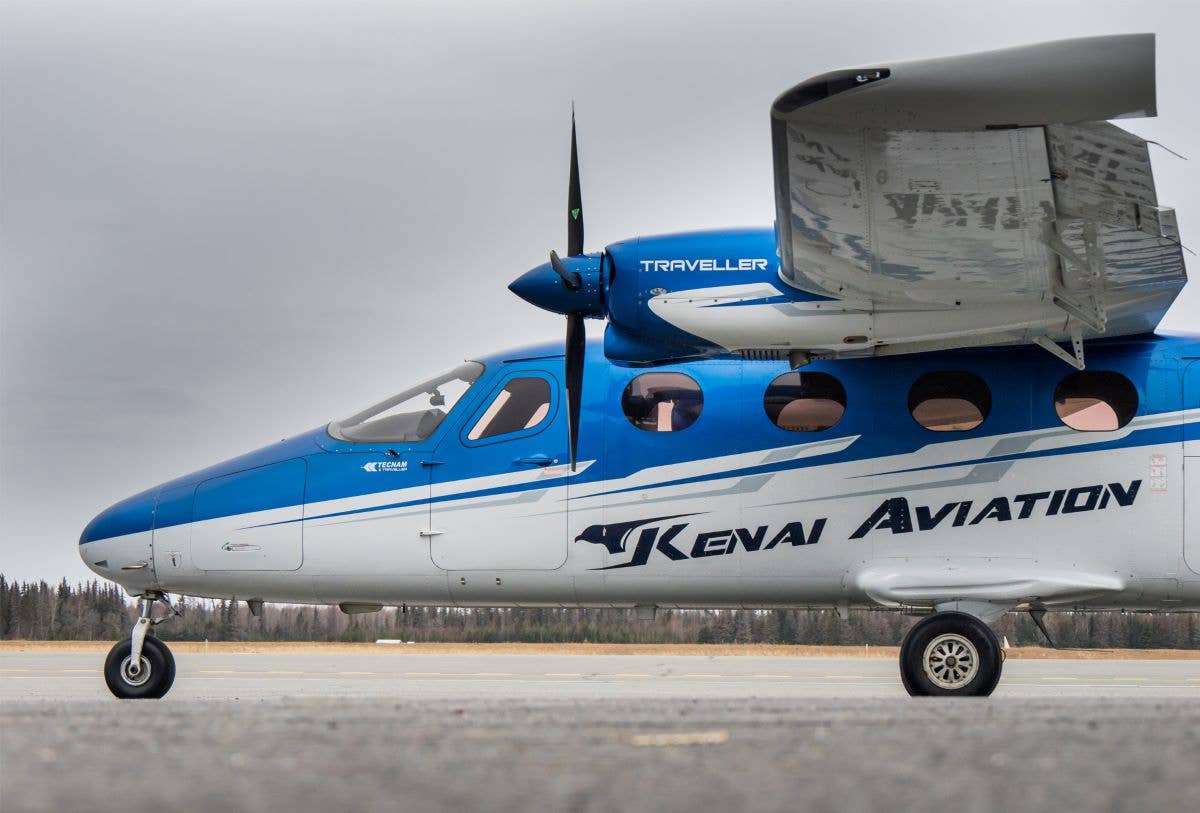
Tecnam and Kenai Aviation announced the addition of a third Tecnam Traveller to the Kenai fleet during a press conference at Sun ‘n Fun Aerospace Expo 2024. [Courtesy: Tecnam]
The popularity of Tecnam aircraft at the training level continues to grow as evidenced by the increase in its designs being delivered to flight schools around the world.
During a press conference at the Sun 'n Fun Aerospace Expo (SNF) on Thursday in Lakeland, Florida, the Italian aircraft manufacturer announced HCH Aviation, a Part 141 school based in Nacogdoches, Texas, is transitioning to an all-Tecnam fleet.
According to Tecnam, the school, which is operated in partnership with Stephen F. Austin State University, uses twin-engine P2006Ts for multiengine training. HCH Aviation has ordered 15 of the single-engine Tecnam P-Mentors to augment its fleet. At the present time the school has 75 students—a number expected to double within the coming year.
“Tecnam has been a wonderful partner in assisting our team in our aircraft needs," said Kristen Conklin, HCH Aviation president. "Having a standardized fleet using Tecnam makes complete sense for our team from both a business and training perspective.”
Tecnam Aircraft to Brazil
Tecnam and EJ Escola Aeronautica Civil have announced a letter of intention for the Brazilian flight school to add 30 Tecnam P92 MkIIs to its fleet. The school is particularly intrigued by the aircraft's state-of-the-art glass cockpit designs.
EJ Escola Aeronautica, based in São Paulo, has been training pilots since 1999. It boasts more than 60 aircraft in the fleet, which are spread out in three locations.
Tecnam noted the P92's short-field performance, excellent climb and efficiency are now combined with the MkII's composite fuselage for improved cruise performance. The cabin volume has also been increased to allow for wider seats, additional forward and aft adjustment, and improved ergonomics.
The aircraft are equipped with advanced Garmin G3X touch avionics and available with synthetic vision and ground proximity warning, providing additional navigation and situational awareness.
"Tecnam is our choice to take EJ into the new era of modern flying, where fuel efficiency, sustainability, digital technology, and good flight characteristics are a must,” said Josué de Andrade, director and co-founder of EJ Escola Aeronautica Civil.
Said Walter Da Costa, Tecnam’s chief sales officer: "We are very pleased that the most important flight school in Brazil has chosen Tecnam to replace and upgrade its fleet. Today's students are very demanding and deserve brand new aircraft with the latest technology."
Throughout the industry there has been an initiative to reduce carbon emissions in aviation, both at the airline level and at flight schools. One of the selling points for the Tecnam designs is its relatively green operation.
According to the company, flight schools operating Tecnam’s single- and twin- engine fleets can save as much as 10 tons of carbon dioxide emissions for every single student graduated with a commercial pilot certificate, which represents a 60 percent reduction compared to fleets using 100LL fuel in 155 flight hours.
Kenai Aviation Adds Tecnam to Fleet
Flight schools are not the only entities relying on Tecnam for fleet operations. During a press conference at SNF, Tecnam and Kenai Aviation announced the Alaska-based operator has added a third Tecnam P2012 Traveller to its fleet.
The first P2012 Traveller entered into service with Kenai Aviation in 2022, coming immediately after the delivery ceremony at the Sun 'n Fun. The second P2012 was delivered a year later.
The twin-engine aircraft have been used to transport passengers and freight, and according to Kenai Aviation officials, the Traveller is the “aircraft of choice” for the short haul operations in the Anchorage area.
The Traveller is a turbocharged twin-engine high-wing aircraft that can be used for freight or to transport nine passengers with one or two pilots. The aircraft is equipped with TKS deicing capabilities, which is a must in Alaska’s challenging and dynamic weather environment.
“Our third P2012 is the proof we have found the aircraft that is perfectly suited for our commuter markets in the state of Alaska," Joel Caldwell, Kenai Aviation CEO and owner, said in a statement. "The P2012, designed specifically to meet the needs of our scheduled commuter markets in south central Alaska, has exceeded our expectations.”

Subscribe to Our Newsletter
Get the latest FLYING stories delivered directly to your inbox

